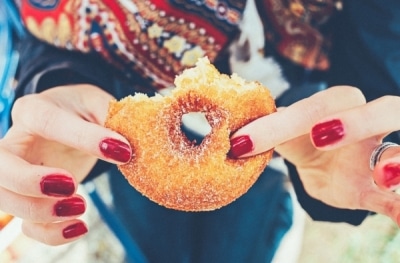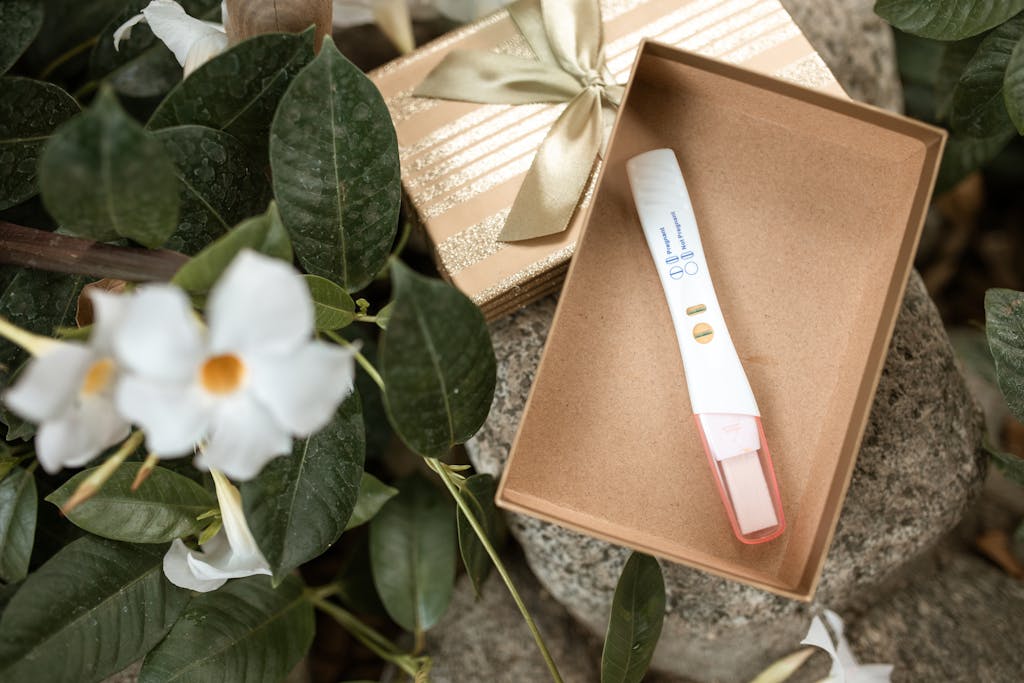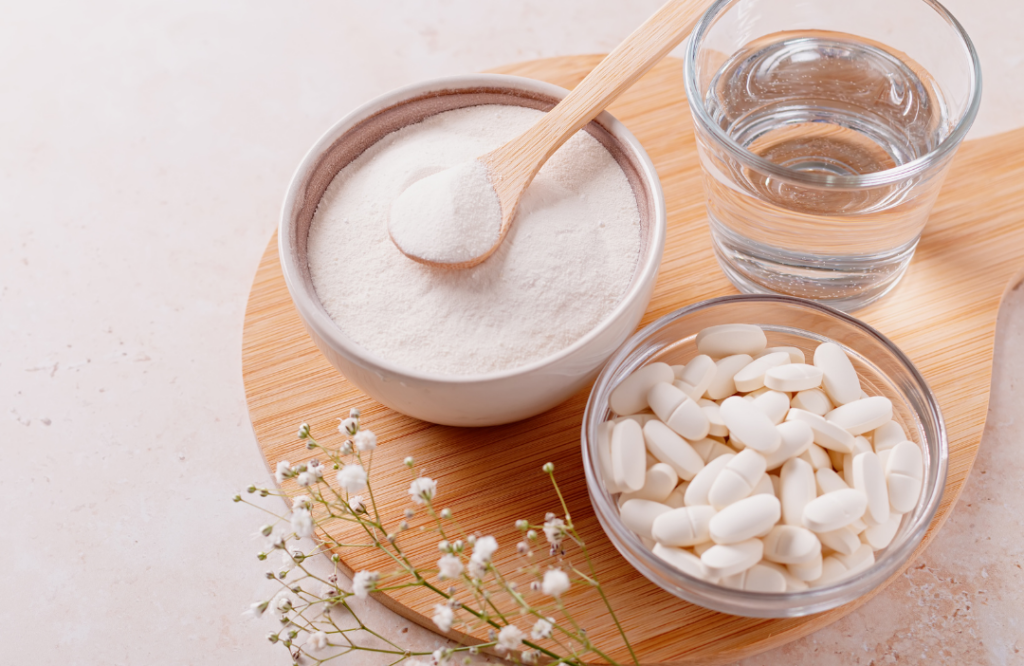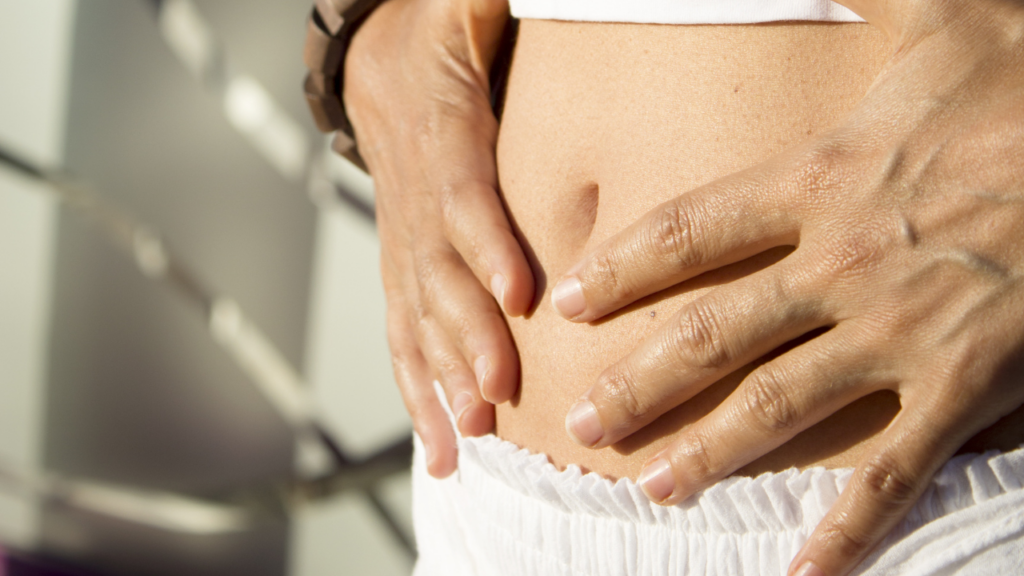Sugar Addiction is Real
Published on April 11, 2016 by Dr. Caitlin Gordon
Sugar is addictive. If you haven’t heard me say it, I’m sure you’ve heard it before in the media. However, sugar addiction is often presented in a flippant, “sugar is like a drug!”, kind of way, even by me. On a serious note, I want you to know that sugar IS a drug, and sugar addiction is no joke.
Sugar is addictive
 Sugar causes physical and physiological dependence, and there are measurable effects that take place when we cut it out (withdrawal symptoms). Similarly to cocaine, sugar causes a dopamine surge in the brain. Studies have shown sugar to be more addictive than cocaine, and even heroin. Despite this, most of us don’t take it seriously as an addiction, because it isn’t ruining lives or hurting anyone, like alcoholism or cocaine might, right? Wrong.
Sugar causes physical and physiological dependence, and there are measurable effects that take place when we cut it out (withdrawal symptoms). Similarly to cocaine, sugar causes a dopamine surge in the brain. Studies have shown sugar to be more addictive than cocaine, and even heroin. Despite this, most of us don’t take it seriously as an addiction, because it isn’t ruining lives or hurting anyone, like alcoholism or cocaine might, right? Wrong.
Sugar is just as damaging to your health as many other addictive substances. Over-consumption of sugar is linked to every major chronic illness including diabetes, Parkinson’s, Alzheimer’s dementia, heart disease, cancer, metabolic syndrome, and more.
The food industry knows this and is taking full advantage. We are sold sugar packaged in every possible disguise and form imaginable, all day every day. Major food corporations know we will become addicted, and they make billions at the expense of our health.
Not sure if you have a problem with sugar? Check out 10 Signs you have a sugar problem.
But isn’t sugar natural?
Yes, it is! We need glucose to survive. Fortunately, we can get all the glucose we need from foods like fruit, starchy veggies, and even dairy and grains. When I talk about cutting out sugar for sugar addicts, I am referring to added sugars. For more info, read Sugar Cleanse: How-To.
Genetics are partly to blame
 Just like other types of addictions, you can be genetically pre-disposed to sugar addictions. If you have relatives in your family who are obese or suffer from type II diabetes, or Alzheimer’s, there’s a good chance you have inherited genes that increase your chances of sugar addiction. These genes make you more likely to enjoy sweet flavors, crave sugar, and have sugar negatively impact your blood glucose levels. This leads to addiction. You get a sugar high, then a crash, then a craving for more.
Just like other types of addictions, you can be genetically pre-disposed to sugar addictions. If you have relatives in your family who are obese or suffer from type II diabetes, or Alzheimer’s, there’s a good chance you have inherited genes that increase your chances of sugar addiction. These genes make you more likely to enjoy sweet flavors, crave sugar, and have sugar negatively impact your blood glucose levels. This leads to addiction. You get a sugar high, then a crash, then a craving for more.
Help for Sugar Addiction
If you were addicted to alcohol and knew it, you would likely seek out help. You may need help with your sugar addiction too. If it wasn’t for acupuncture and herbal medicine, I would have a very tough time managing my sugar addiction. Like other addictions, the only way to quit sugar is to cut out added sugar completely. Learn how: Sugar Cleanse: How-To
1. Support System
- It is important that your family and friends know you are quitting sugar and support your decision. Take the time to explain that it is essential to your health that you avoid added sugars. Like with alcohol or recreational drugs, some people may be able to consume sugar in moderation. Addiction is a different relationship. There is no shame in explaining to your friends and family that you are not able to consume sugar in moderation, and need to remove it completely from your life.
- In the beginning, it’s important to ask your family to go sugar-free too or to only eat sweets when they are not around you. Before you go out to eat, ask friends if they’re willing to forgo dessert. Your friends and family love you and want to support you! You may even help them by role modeling healthier habits.
2. Herbs and Supplements
- There are certain herbs and supplements which help balance blood sugar. This is key to combating sugar cravings and getting off sugar for good. Chromium, Gymnema Sylvestre, L-glutamine, and even B vitamins can all help correct nutritional deficiencies, fatigue, or insulin spikes that may be leading to sugar cravings. For personalized herbal recommendations, schedule an appointment (Distance-consulting available).
3. Acupuncture
- Acupuncture helps with both the physiological and psychological aspects of sugar addiction. By targeting the central nervous system, acupuncture needles help manage anxiety, a huge precursor to sugar cravings. Acupuncture can also regulate blood sugar, evening out the high and low you feel after eating sugar.
4. Limit Temptation
- If you were an alcoholic and trying to stay sober, you wouldn’t keep any booze in the house. Sugar should be treated the same way. Remove all the cookies, candy, ice cream etc. from your house. Do not buy anything with added sugar at the grocery store! Avoid the sweets section altogether. When you go out to eat, don’t look at the dessert menu. The less temptation, the higher your success, especially in the beginning. As your resolve and willpower strengthen, and your sugar cravings subside, you may be able to tolerate more temptation. You’re going to feel so much better once you break the addictive cycle.
The contents of this site, including text, graphics, images, and other material are for informational purposes only. Nothing contained in this site is or should be considered or used as a substitute for professional medical or mental health advice, diagnosis, or treatment. Please schedule an appointment for personalized health advice.






